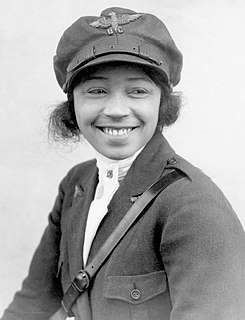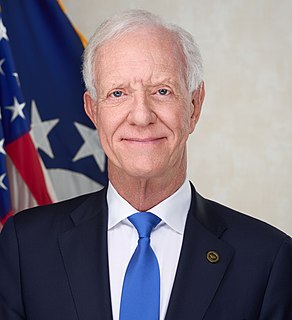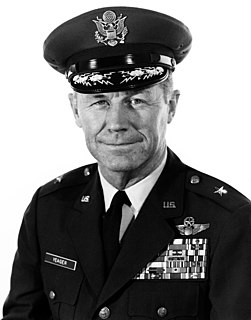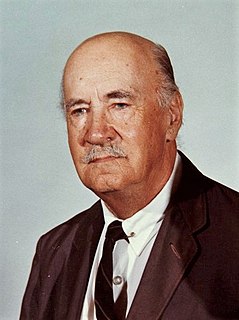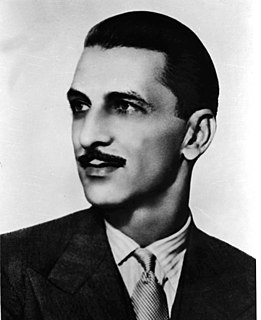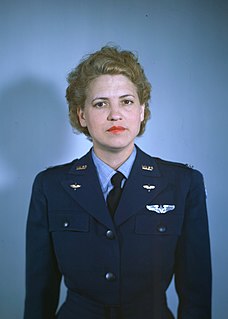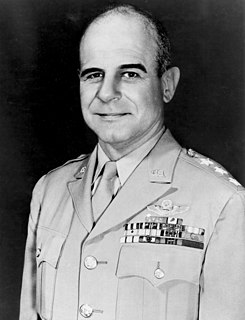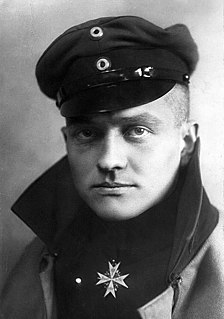Цитата Чарльза Линдберга
Вы спросите, какие выводы я делаю, перечитывая свои журналы и оглядываясь на Вторую мировую войну с точки зрения времени четверти века? Мы выиграли войну в военном смысле; но в более широком смысле, мне кажется, мы его потеряли, потому что наша западная цивилизация менее уважаема и безопасна, чем раньше.
Темы цитат
Спросите
еще раз,
прежде чем
более широкий
век
Цивилизация
Выводы
Журналы
Меньше
оглядываясь
Оглядываясь назад
Потерял
меня
Военные
Наша
точка
Четверть
Перечитывание
Уважаемый
Безопасный
Кажется
разумным,
чем
время
Преимущество
Точка обзора
Война
Западная
Западная цивилизация
Мировая
Первая
мировая Вторая мировая война
Связанные цитаты
Однако между вопросом, касающимся истории Японии, и нашими переговорами с Китаем есть принципиальная разница. О чем все это? Японский вопрос возник в результате Второй мировой войны и закреплен в международных документах по итогам Второй мировой войны, а наши обсуждения пограничных вопросов с китайскими коллегами не имеют никакого отношения ни ко Второй мировой войне, ни к каким-либо другим военным конфликтам. Это первый, точнее, я бы сказал, второй момент.
Чтобы вернуться к моменту западной цивилизации, достаточно отдаленному во времени, чтобы мы могли смотреть на него беспристрастно, спросите, что произошло во время Первой мировой войны. Каково было типичное поведение уважаемых интеллектуалов в Германии, Англии, Соединенных Штатах? Что случилось с теми, кто публично поставил под сомнение благородство военных действий с обеих сторон? Я не думаю, что ответы нетипичны.
Хотя Соединенные Штаты потеряли четверть миллиона мужчин и женщин, гражданских лиц и солдат во Второй мировой войне, это значительно меньше, чем русские потеряли солдат только в Сталинградской битве. Важно донести до стран, и до людей, и до поколений, не имеющих опыта ХХ века, каким он был прожит в Европе, насколько он был катастрофичен.
Важно помнить, что в этом смысле Вторая мировая война воспринималась как преемственность. Большая часть Второй мировой войны в большей части Европы не была войной; это была оккупация. Война была в начале и в конце, кроме Германии и СССР, да и там действительно только в конце. Так что в остальное время это оккупация, которая в некотором роде переживалась как продолжение межвоенного периода. Вторая мировая война была просто крайней формой, в совершенно новом ключе, нарушения нормальной жизни, начавшейся в 1914 году.
Я думаю, что во многих отношениях Гражданская война в Испании была первым сражением Второй мировой войны. В конце концов, где еще в мире на тот момент были американцы в военной форме, которых бомбили нацистские самолеты за четыре года до того, как США вступили во Вторую мировую войну? Гитлер и Муссолини встали на сторону Франсиско Франко и его испанских националистов, послали им огромное количество военной помощи, самолетов, танков — и Муссолини также послал 80 000 наземных войск — потому что они хотели, чтобы у власти был сочувствующий союзник. Так что я думаю, что это действительно было разогревом Второй мировой войны.
Вторая мировая война подтвердила гипотезу, выдвинутую Алексисом де Токвилем за столетие до этого: боевой потенциал демократии максимален, когда война наиболее интенсивна; в самом слабом состоянии, когда война наиболее ограничена. Это урок, имеющий непреходящее значение для нашего времени и наших собственных войн.
На самом деле я думал, что идея снять фильм о Второй мировой войне под маской спагетти-вестерна будет просто интересным способом решить эту проблему. Точно так же, как спагетти-вестерны рассматривали историю Старого Запада, я подумал, что было бы неплохо сделать то же самое со Второй мировой войной, но в отличие от использования ковбойской иконографии, использование иконографии Второй мировой войны как своего рода отправная точка.
У нас огромные дыры в нашем образовании на Западе. Я думаю, что мы мало знаем азиатскую историю. Если вы спросите хорошо образованного современного западного человека о Второй мировой войне, то большинство подумает, что театр военных действий был только в Европе. Но известно, что параллельно шла Тихоокеанская война, а мы ничего об этом не знаем.
В середине девятнадцатого века Соединенные Штаты вступили в новые отношения со смертью, вступив в гражданскую войну, которая оказалась более кровавой, чем любой другой конфликт в американской истории, войну, которая предвещала бойню на Западном фронте Первой мировой войны и на фронте. Глобальная бойня ХХ века.
Объявление войны никогда не было конституционным требованием для военных действий за границей. Соединенные Штаты применяли силу за границей более 130 раз, но объявляли войну только пять раз - война 1812 года, мексиканско-американская война, испано-американская война, а также Первая и Вторая мировые войны.
В тотальной ядерной войне более разрушительная сила, чем во всей Второй мировой войне, будет высвобождаться каждую секунду в течение долгого дня, который потребуется для падения всех ракет и бомб. Вторая мировая война каждую секунду — в первые часы погибает больше людей, чем во всех войнах в истории вместе взятых. Оставшиеся в живых, если таковые найдутся, будут жить в отчаянии среди отравленных руин цивилизации, покончившей с собой.


















